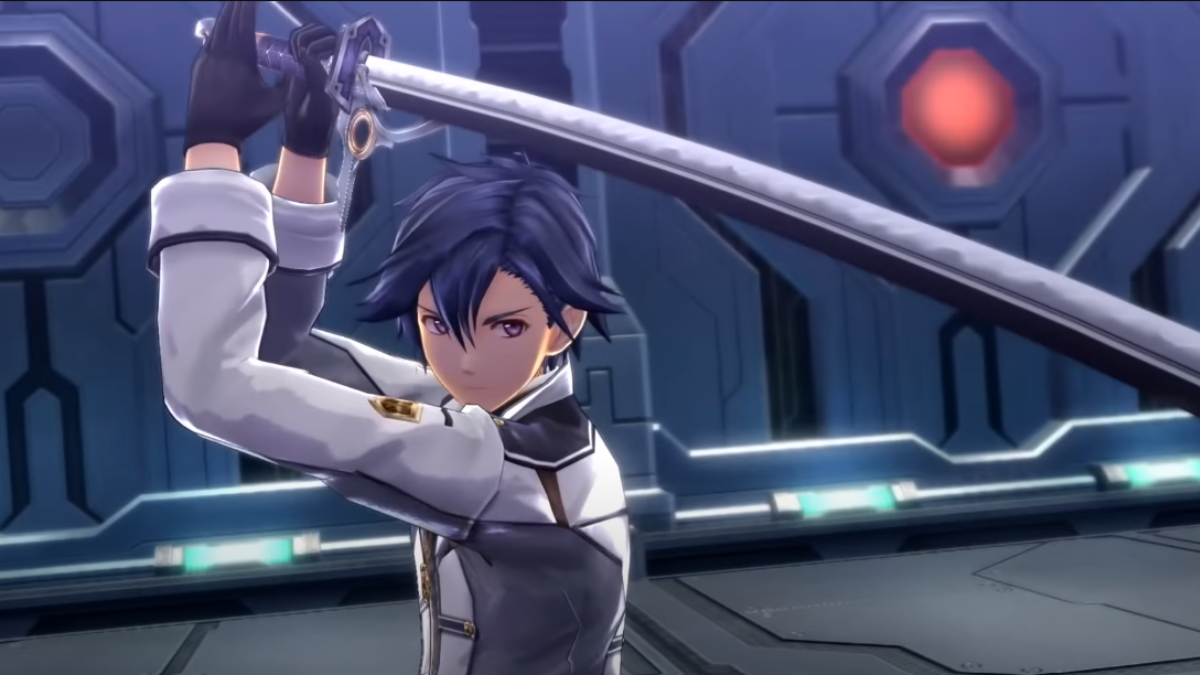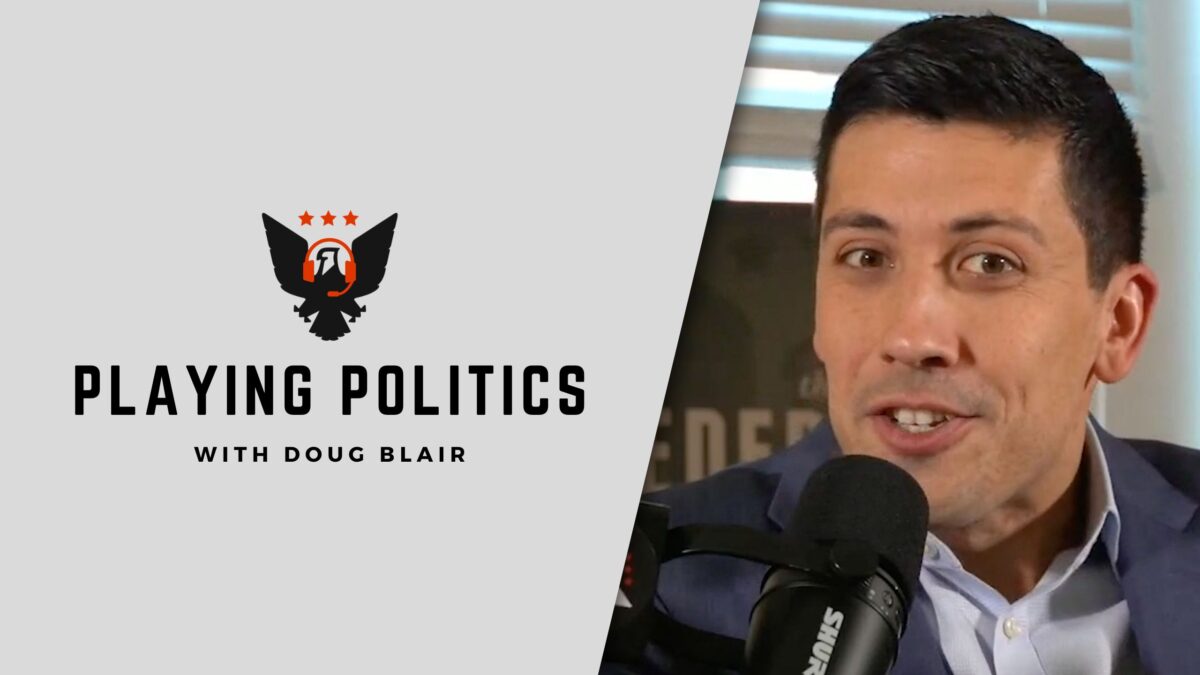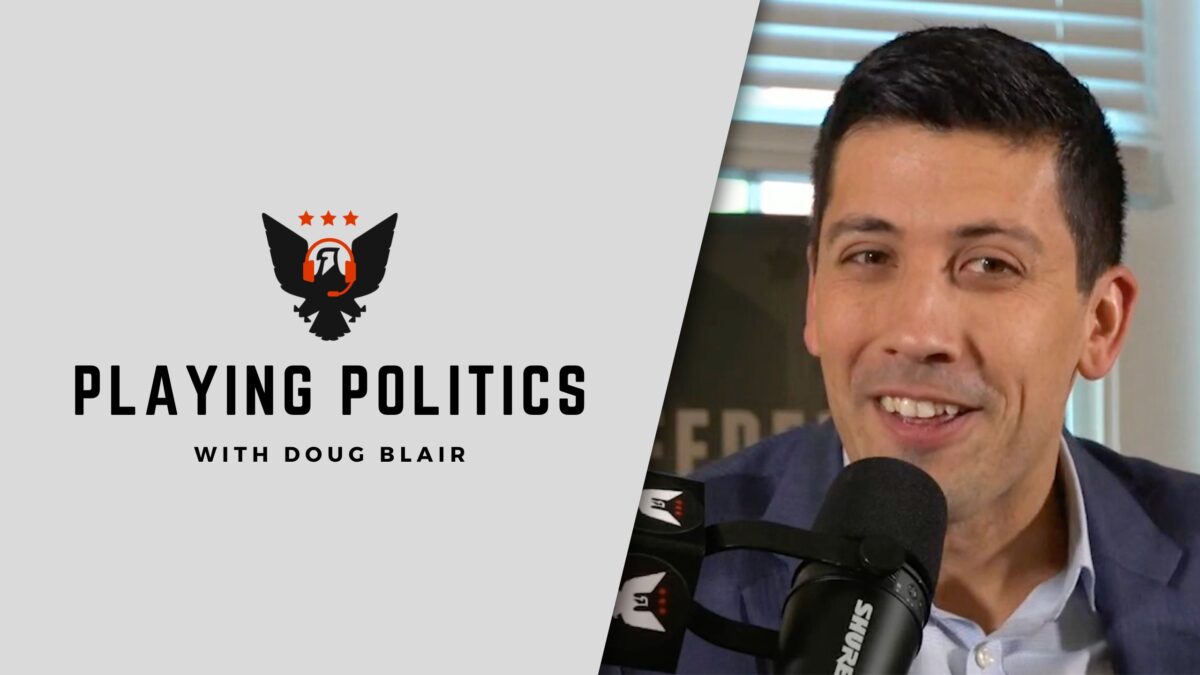“Star Wars Battlefront II’s” release today may provide gamers the last chance to stop the loot box creep from completely overtaking games. I don’t need to rehash what Sarah Dezelin said earlier this week. EA’s microtransaction plan for “Star Wars Battlefront II” is a cynical, calculated mess that will likely work. Turning a $60 game into something resembling a freemium mobile game will probably only succeed because it has “Star Wars” in the title. Casual gamers, parents, and grandparents who do little research beforehand will unwittingly “prove” that consumers are okay with this setup for games.
Encouragingly, the non-gaming media has picked up on “Battlefront” fan frustrations in a way I’ve never seen. CNN, Fortune, and the BBC have all reported on the backlash and not in a condescending manner. There’s even a (likely ill-fated) push to categorize loot boxes as gambling, a paradigm-shifting change that would certainly affect what games parents buy for their kids. EA and DICE’s responses so far have mostly been “We’re sorry you’re sad about it” and “We’ll work on ways to make you complain less.” Late last night, EA announced they would turn off all in-game purchases for now. It’s a start, though a cynic might consider this a disingenuous tactic to keep week one sales high. They have not earned the benefit of the doubt.
I really enjoyed 2015’s “Battlefront,” despite its many flaws. It captured the essence of the Star Wars universe beautifully. I poured a lot of time into the game. I was looking forward to “Battlefront 2.” EA/DICE listened to fans and did plenty to fix the major issues from the first one. The game itself has earned good, if not great, reviews.
Yet most of these reviews feature a flashing “marred by loot boxes and the progression system” caveat. I can’t bring myself to buy it. It’s basically the only time in my life I have specifically boycotted a piece of media simply to protest the system itself. I may buy it pre-owned eventually, though I will never spend another dime on it beyond that. Should they shift their revenue focus to cosmetics, such as emotes and skins, I will probably spend a few extra dollars simply out of gratitude. Surely, I’m not alone in that.
People desperately want to buy this game. Many still will, unfortunately. EA will probably make untold millions of dollars despite the protestations. Even if every one of the 120,000 users in the very active “Battlefront” subreddit decided not to buy, it would count for 1 percent of sales at best. EA only needs a relative handful of “whales” (players who spend hundreds or thousands on microtransactions) once in-game transactions return to make up for any lost game sales. But many who are standing firm would happily purchase the game in a heartbeat if EA converted the microtransaction system to one that does not affect gameplay.
If EA succeeds here, game publishers will feel emboldened to put more gameplay content behind a paywall/grindwall in multiplayer games. Single-player games may stay at least somewhat insulated, though “Middle-earth: Shadow of War” showed that even single-player games are no longer safe. The industry is inevitably headed this direction.
My fool’s hope is that EA overplayed their hand by using a Star Wars property as the Trojan horse for this new, worse form of revenue generation. It makes sense. The game will sell well from name recognition and cross-promotion alone. Perhaps their overconfidence is their weakness. You can’t sell a Star Wars game then tell gamers they must pay extra for Darth Vader.
The pushback has been impressive and encouraging so far. Yet increased awareness alone won’t stop this, despite EA’s mea culpa. Change will only happen if the game sells poorly. And that’s up to us as consumers. Gamers, parents, and “Star Wars” fans: don’t buy this game until EA treats us like customers instead of ATMs.









